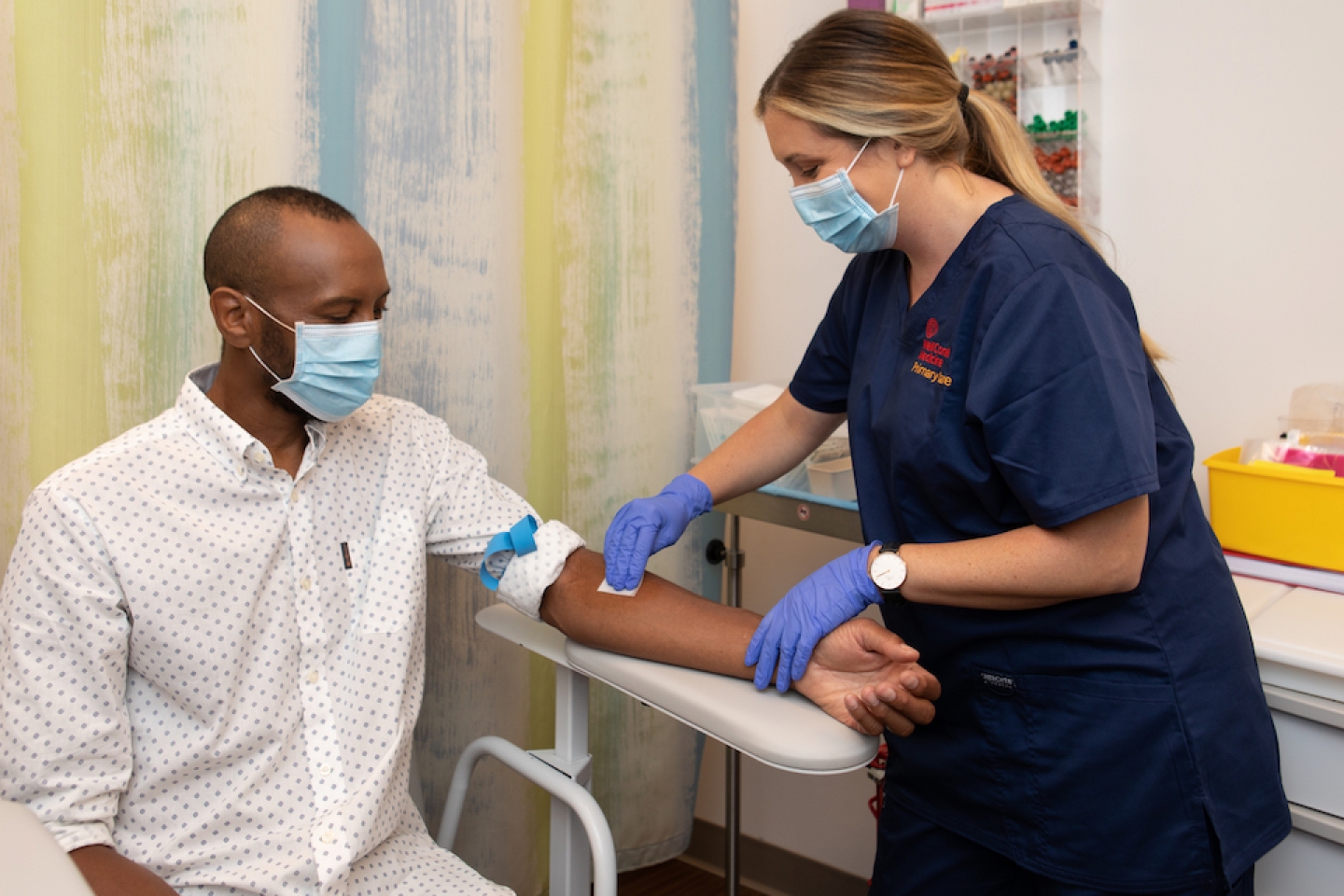
The nation’s blood supply, like so much of life, has suffered during the COVID-19 pandemic. Fear of spreading or catching the virus, and not knowing how antibodies--either from having had the virus or from the vaccine--affect donor blood are among the various reasons why people have stopped donating, according to Lisa Kalik, MD.
As a result, the need for donor blood is great, which makes World Blood Donor Day on June 14 particularly important. “The focus of this year’s World Blood Donor Day is "Give blood and keep the world beating," Dr. Kalik says. “As the COVID-19 pandemic has shown us, we are all in this together and through this one small act of blood donation an individual can truly make a difference.” Here’s more from Dr. Kalik on World Blood Donor Day.
Donating blood saves the lives of people who have been in car accidents or experienced other traumas, need emergency surgeries, or have cancer. It is also critical for post-partum mothers and their babies, who may be critically ill. The need for blood could affect any one of us, and if you are healthy and able to donate, it is a wonderful gift to another human.
World Blood Donor Day was started by the World Health Organization and the International Federation of Red Cross to raise awareness of the need for safe blood and blood products; honor all the voluntary unpaid blood donors; and, urge governments and national health organizations to create systems that will foster more blood collections from voluntary unpaid donors.
June 14 is the birthday of Karl Landsteiner, who received a Nobel Prize for his discovery of the ABO blood group.
The American Association of Blood Banks, America's blood centers, and the American Red Cross issued a joint statement in April, urging people to donate blood due to the declines in blood collections.
Yes.
Yes, but you must wait 14 days after the date of exposure to donate.
A: Yes, but you must wait 28 days after recovering to donate.
Yes, but you have to wait 56 days from the date of vaccination.
You cannot donate if you are quarantining due to recent travel.
Yes, all centers have precautions in place for social distancing, sanitizing, barring sick employees or volunteers from the premises.
No. COVID-19 does not pose any special risk to blood donors.
The Red Cross collects blood only from individuals who are healthy and feeling well at the time of donation--and who meet other eligibility requirements.